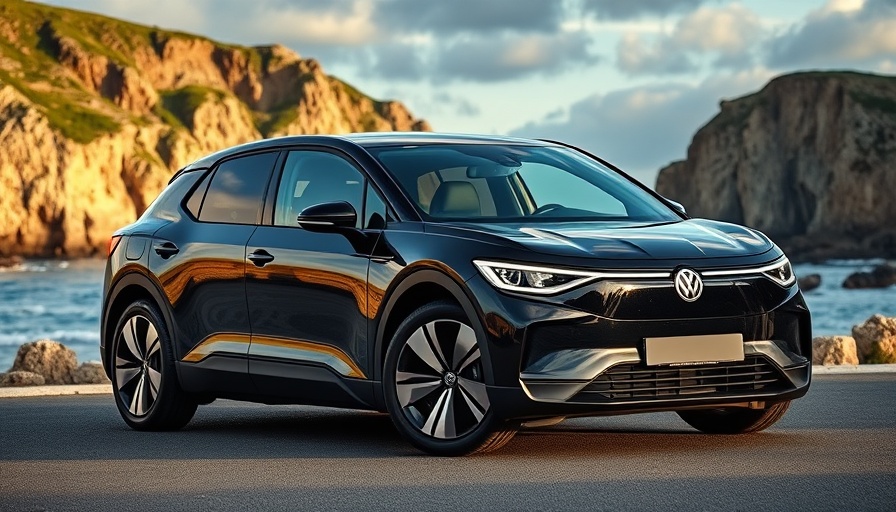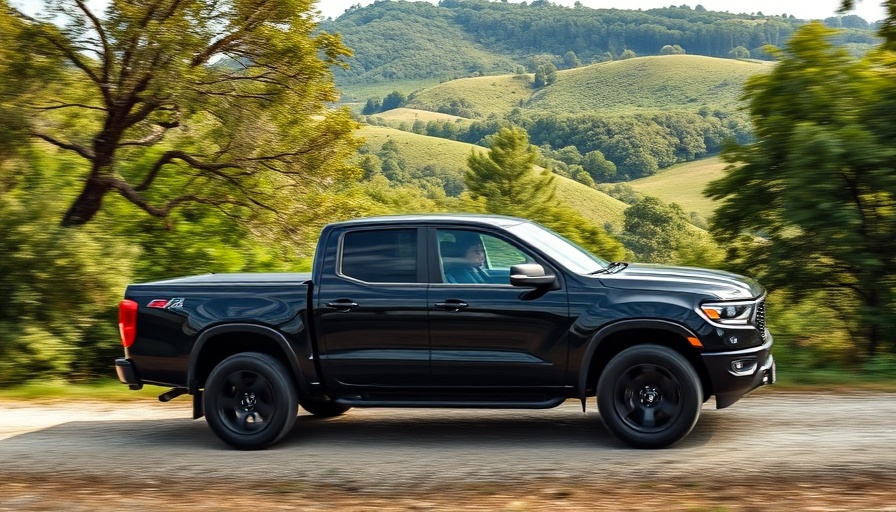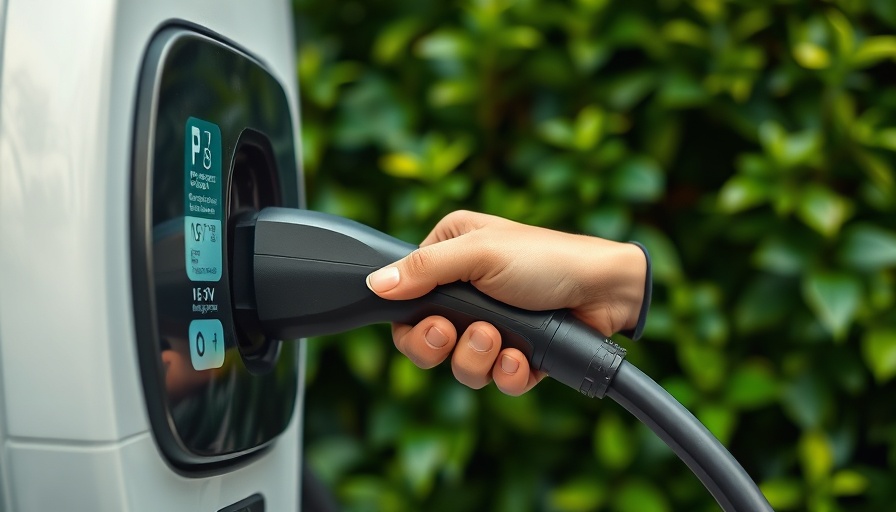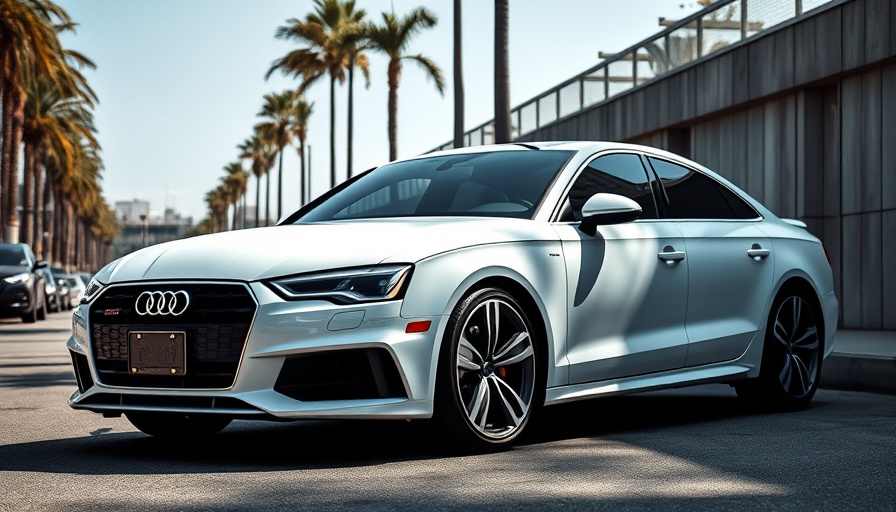
The Shifting Landscape of Electric Vehicles
The cancellation of Volkswagen's ID.7 hatchback for the U.S. market underscores the volatile nature of the electric vehicle (EV) climate. As the automotive industry adapts to unpredictable market demands and emerging technologies, many manufacturers like Volkswagen are reevaluating their strategies. With the ID.7 initially slated for a 2025 release in North America, this pivot forces us to question what lies ahead for both consumers and manufacturers in the EV sector.
Consumer Demand and Market Adaptability
Volkswagen’s decision to halt the ID.7’s U.S. launch reflects a significant challenge: navigating consumer preferences in a rapidly changing landscape. The company's spokesperson, Mark Gillies, pointed to the surging demand for the ID.7 Tourer in Europe, which inevitably impacted the production capacity for the North American market. This pivot illustrates how manufacturers must continuously adapt their strategies to remain relevant, emphasizing the importance of aligning production with existing consumer interests.
Current EV Market Dynamics
As environmental awareness grows, so too does the competition in the electric vehicle market. Currently, Volkswagen's U.S. lineup is limited to just two models, the ID.4 crossover and the ID.Buzz. Despite its success, the ID.4 represents a struggle for the company to maintain a diverse and appealing EV lineup. The cancellation is a stark reminder that even established brands must remain vigilant and responsive to changing market dynamics.
Future Trends and Implications for Consumers
Looking to the future, there remains a ray of hope for Volkswagen enthusiasts and electric vehicle advocates alike. While the ID.7 may no longer be part of the American market, VW has reaffirmed its commitment to eventually introduce new electric models. This could range from enhanced versions of existing models to revolutionary new designs that capture consumer interest. The changing dynamics emphasize the need for manufacturers to innovate continuously, adopting new technologies and features that engage an evolving consumer base.
The Broader Impact on the Electric Vehicle Industry
This cancellation could serve as a vital lesson for the entire automotive sector focusing on electric vehicles. As manufacturers grapple with production decisions, consumer preferences, and economic fluctuations, the ability to pivot swiftly is crucial for long-term success. For dealers and distributors, there is a pressing need to stay informed about these shifts, as they will ultimately influence inventory decisions and sales strategies.
Cultural and Social Conversations Around EVs
With EVs becoming a staple in conversations about sustainable transportation, discussions around availability, consumer options, and market viability are more crucial than ever. As communities worldwide push for greener solutions, how major players like Volkswagen respond will define their relationships with consumers and environmental goals. Ensuring that electric vehicles are accessible and appealing is more important than ever to foster a culture of sustainability.
 Add Row
Add Row  Add
Add 




Write A Comment